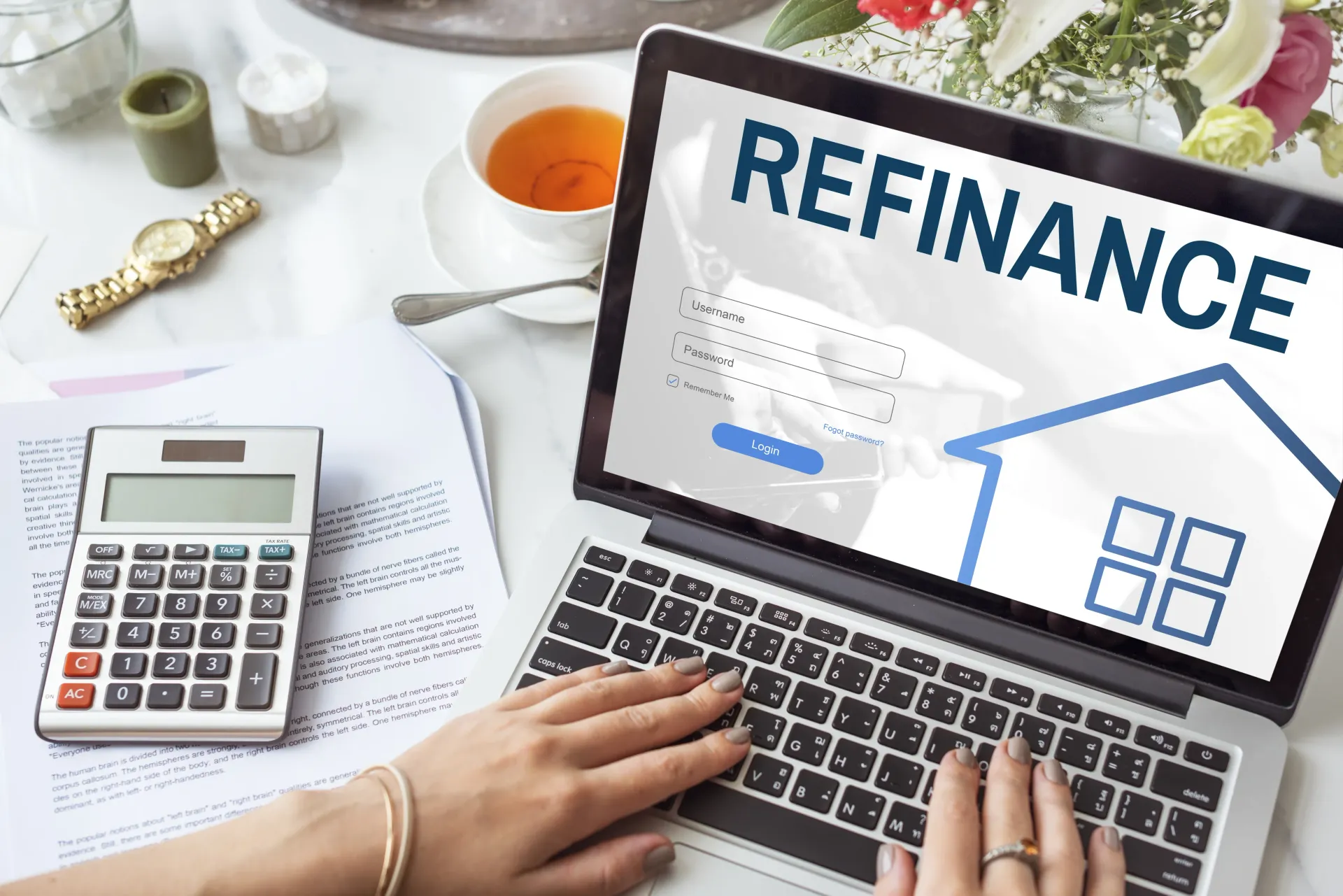The Complete Guide to Commercial Real Estate Loans: Everything You Need to Know
Commercial real estate (CRE) is a high-stakes industry where billions of dollars are exchanged every day. Behind these transactions, commercial real estate loans play a critical role in shaping cities, financing businesses, and building wealth. Yet, the world of CRE financing can be complex, with various loan types, qualification criteria, and market dynamics. This comprehensive guide explores everything you need to know about commercial real estate loans, simplifying the intricate details for investors, business owners, and curious minds alike.

Understanding Commercial Real Estate Loans
At its core, a commercial real estate loan is a mortgage secured by a commercial property. Unlike residential mortgages, these loans are typically larger, carry stricter underwriting standards, and have terms that reflect the business nature of the property involved. Whether it's an office building, retail center, hotel, or apartment complex, CRE loans provide the capital necessary for acquisition, development, and renovation.
For investors, securing the right type of loan can spell the difference between profitability and financial strain. Given the diversity of available loan products, understanding the nuances is not just helpful—it’s crucial.
Types of Commercial Real Estate Loans
Conventional Commercial Mortgages
Conventional loans are offered by banks and financial institutions without government backing. They typically require strong credit, significant down payments, and established financials.
SBA 7(a) and SBA 504 Loans
The U.S. Small Business Administration supports these loans to make commercial real estate more accessible to small businesses. The 504 loan, for example, offers fixed-rate financing for major fixed assets like real estate.
CMBS Loans
Commercial Mortgage-Backed Securities (CMBS) loans are pooled together and sold to investors. These loans often come with less flexible terms but may offer lower interest rates.
Bridge Loans
Designed for short-term financing, bridge loans help borrowers transition from one property or loan to another. They’re popular during property repositioning or pending long-term financing.
Hard Money Loans
Offered by private lenders, hard money loans are based primarily on property value rather than borrower creditworthiness. For fast funding or less conventional deals, a trusted Hard Money Lender can be invaluable.
Mezzanine Loans
A hybrid of debt and equity financing, mezzanine loans allow for additional leverage without diluting ownership significantly.
Construction Loans
Used for building new structures or major renovations, these loans release funds in stages based on project milestones.
Owner-Occupied Real Estate Loans
Specifically designed for businesses that plan to operate out of the property being financed, these loans often come with more favorable terms.
Loan Terms & Structures
Interest Rates Explained
Interest rates on CRE loans vary based on market rates, lender risk assessment, and loan type. Fixed and variable rates both offer distinct advantages depending on market conditions.
Amortization and Loan Periods
While loan terms may range from five to 25 years, amortization schedules often extend further, creating balloon payments at maturity.
Loan-to-Value (LTV) Ratios
LTV ratios determine how much financing a lender will provide relative to the property’s value, typically between 65%-80%.
Debt-Service Coverage Ratio (DSCR)
DSCR measures the property’s cash flow relative to debt obligations. Lenders prefer a DSCR above 1.20 to ensure adequate coverage.
Recourse vs. Non-Recourse Loans
Recourse loans allow lenders to pursue personal assets if the borrower defaults, while non-recourse loans limit liability to the property itself.
The Loan Application Process
Prequalification Stage
Lenders conduct initial evaluations of the borrower’s credit, financials, and proposed property to gauge feasibility.
Documentation Needed
Typical documentation includes business tax returns, personal financial statements, property appraisals, and business plans.
Underwriting and Appraisals
The underwriting process involves detailed analysis of risk, including property inspections, market studies, and financial reviews.
Closing Process
After underwriting, loan documents are prepared, signed, and recorded, culminating in the disbursement of funds.
Key Players in CRE Financing
Banks and Credit Unions
Traditional banks offer stability and competitive rates but often require strong credit profiles.
Insurance Companies
Institutional lenders like insurance firms often fund large, stabilized properties with lower-risk profiles.
Private Equity Firms
Private funds may offer flexible terms but typically demand higher returns.
Hard Money Lenders
For investors needing speed and flexibility, a Hard Money Lender provides short-term, asset-backed financing solutions.
Hard Money Loans
What Are Hard Money Loans?
Hard money loans are short-term financing secured by the property’s value, not the borrower’s credit. These loans can close quickly, making them ideal for urgent deals.
Advantages of Hard Money Loans
- Fast approval
- Less stringent documentation
- Flexible terms
Risks and Considerations
- Higher interest rates
- Short repayment periods
- Potential for foreclosure
When to Use a Hard Money Lender
Investors may use hard money loans for:
- Fix-and-flip projects
- Bridge financing
- Properties that don’t meet conventional loan requirements
For tailored assistance, you can contact a specialized hard money lender.
Creditworthiness & Borrower Requirements
Personal Guarantees
Many lenders require personal guarantees to mitigate risk.
Business Financials
Strong financial statements reflect the business’s ability to support loan obligations.
Credit Scores
While not as crucial for hard money loans, credit scores significantly influence conventional loan approvals.
Market Factors Influencing CRE Loans
Interest Rate Trends
The Federal Reserve's policies directly affect commercial loan rates, making it essential to monitor economic updates.
Economic Indicators
GDP growth, employment rates, and inflation influence market demand and lending appetite.
Location and Property Type
Certain property types or locations carry higher risk premiums, affecting loan terms.
Legal and Regulatory Considerations
Loan Covenants
These contractual obligations ensure borrowers maintain financial discipline throughout the loan term.
Environmental Assessments
Phase I or II environmental assessments may be required to identify contamination risks.
Zoning Laws
Local regulations impact property use and potential redevelopment options.
Mistakes to Avoid
Overleveraging
Taking on too much debt can compromise financial stability.
Ignoring Due Diligence
Failing to investigate property history, condition, and market comps invites hidden liabilities.
Failing to Secure Adequate Reserves
Lenders may require cash reserves for property maintenance and unexpected expenses.
Advanced Financing Strategies
Portfolio Loans
Multiple properties are bundled under one loan, simplifying management.
Syndicated Loans
Multiple lenders share the loan, spreading risk and allowing larger funding amounts.
Joint Ventures
Partnerships can combine capital and expertise for larger acquisitions.
Current Trends in Commercial Real Estate Lending
Post-Pandemic Adjustments
Lenders now evaluate pandemic resilience, including tenant diversity and remote work adaptability.
Technology in Lending
Automated underwriting, AI-powered appraisals, and digital documentation streamline the process.
Green Financing
Sustainability-focused lending rewards energy-efficient and environmentally friendly developments.
Frequently Asked Questions
What credit score do you need for a commercial real estate loan?
Generally, a score above 680 improves your chances, though hard money lenders may have more lenient requirements.
How long does it take to close a commercial real estate loan?
Depending on complexity, closing can take from 30 days to several months.
Can you get 100% financing for commercial real estate?
It’s rare. Most lenders require at least 20%-30% down payment.
How are commercial real estate loans structured?
Terms vary but typically include shorter maturities, longer amortization schedules, and balloon payments.
Are interest rates higher for commercial real estate loans?
Usually, yes. Commercial loans carry slightly higher rates than residential mortgages due to increased risk.
Do I need a business entity to apply for a commercial real estate loan?
While not mandatory, forming an LLC or corporation often simplifies the process and limits personal liability.
Final Thoughts on CRE Loans
Commercial real estate loans are powerful tools for wealth building and business growth. However, success requires understanding the intricate lending landscape, choosing the right partners, and staying informed about market shifts. Whether you're working with a Hard Money Lender for a quick close or navigating the meticulous processes of traditional financing, the key is preparation and partnership.
Inbound Link Suggestions:










